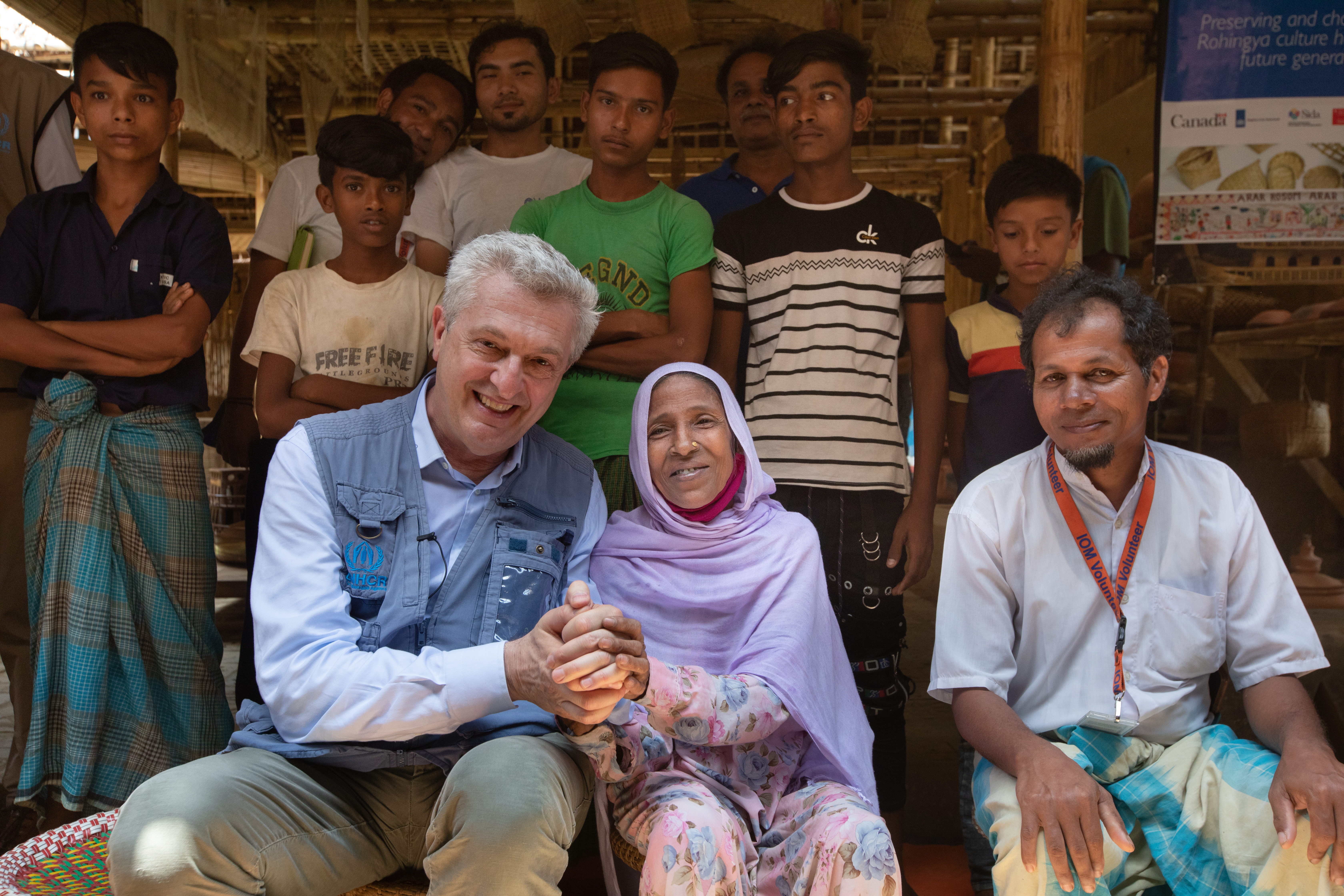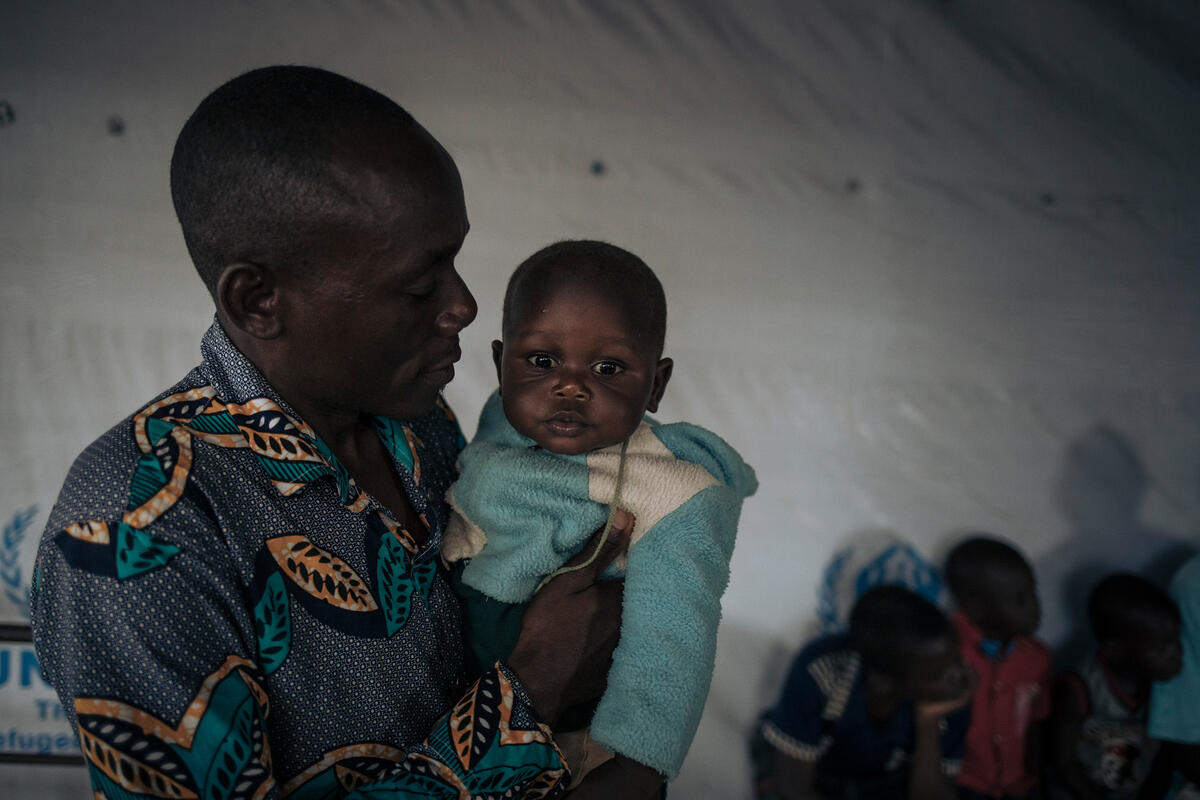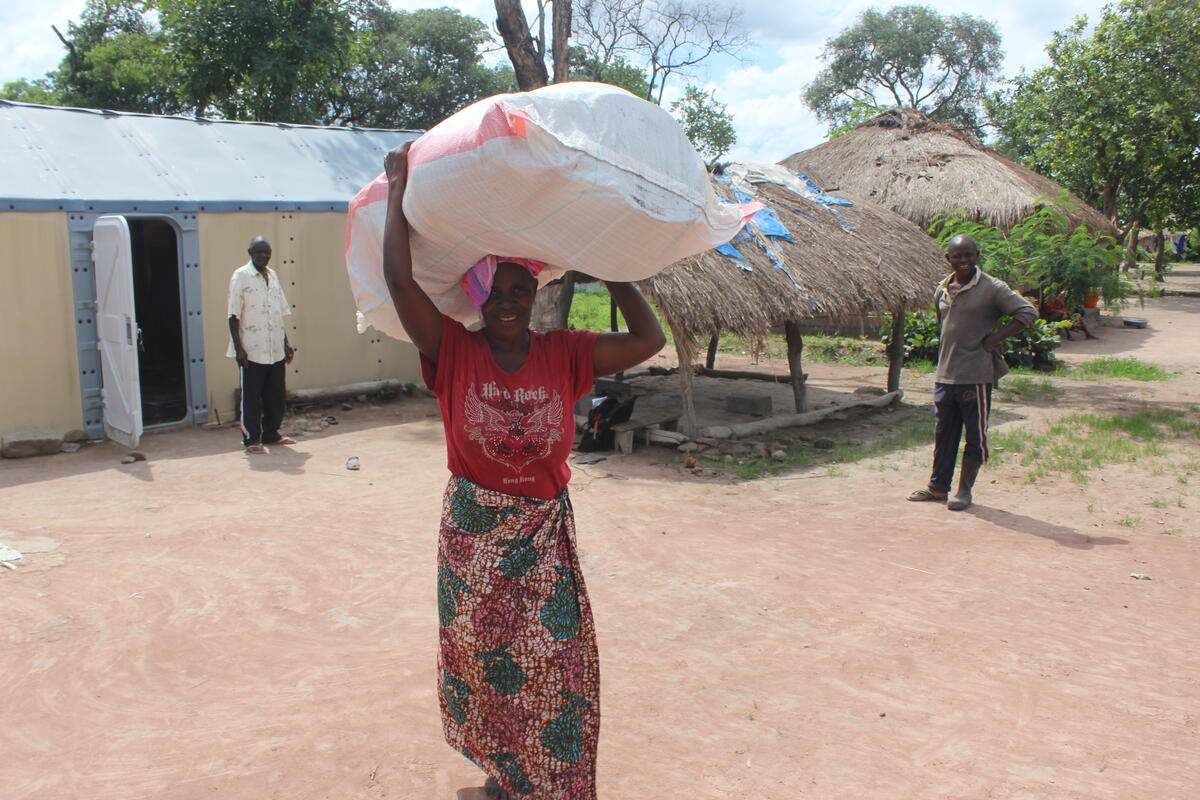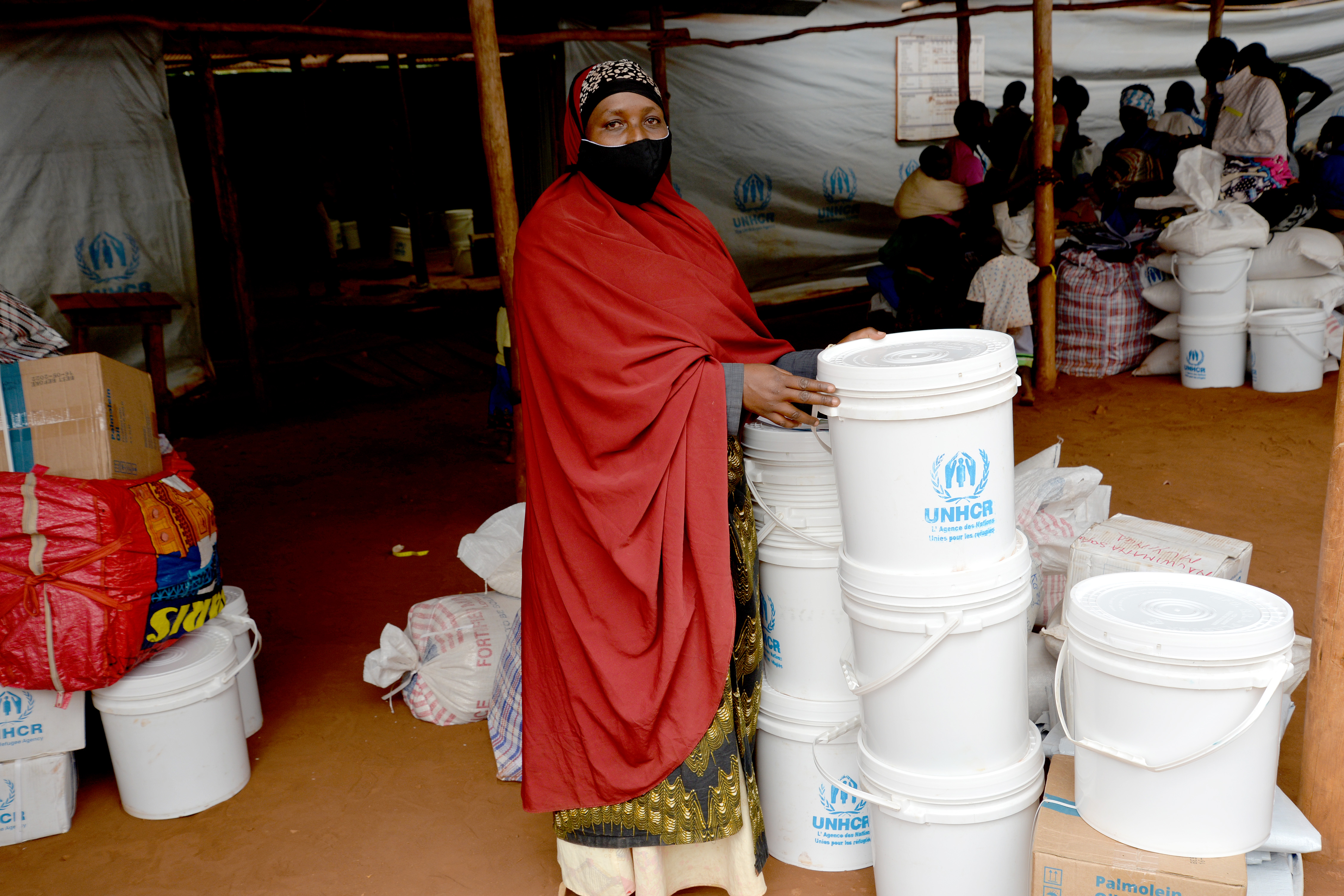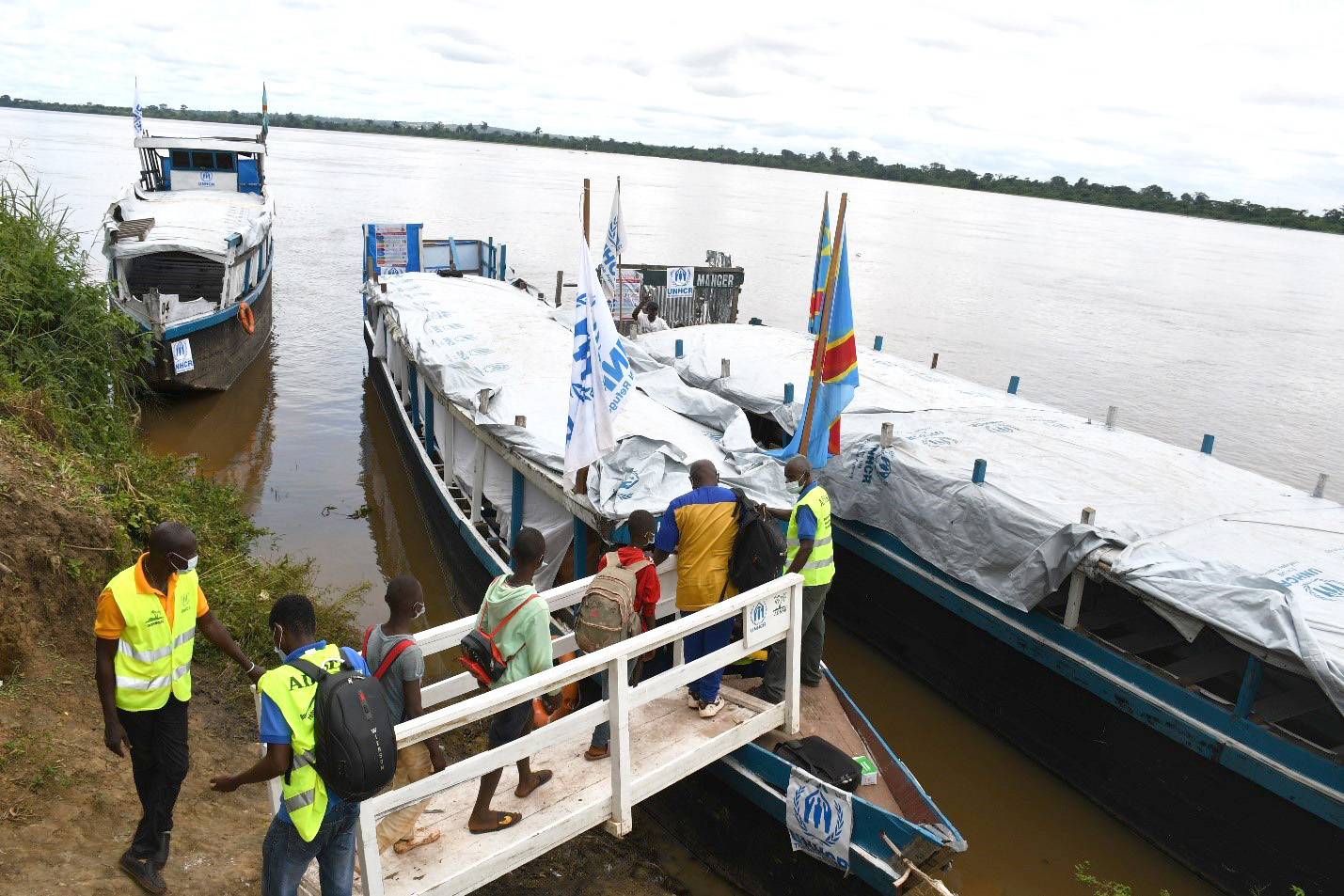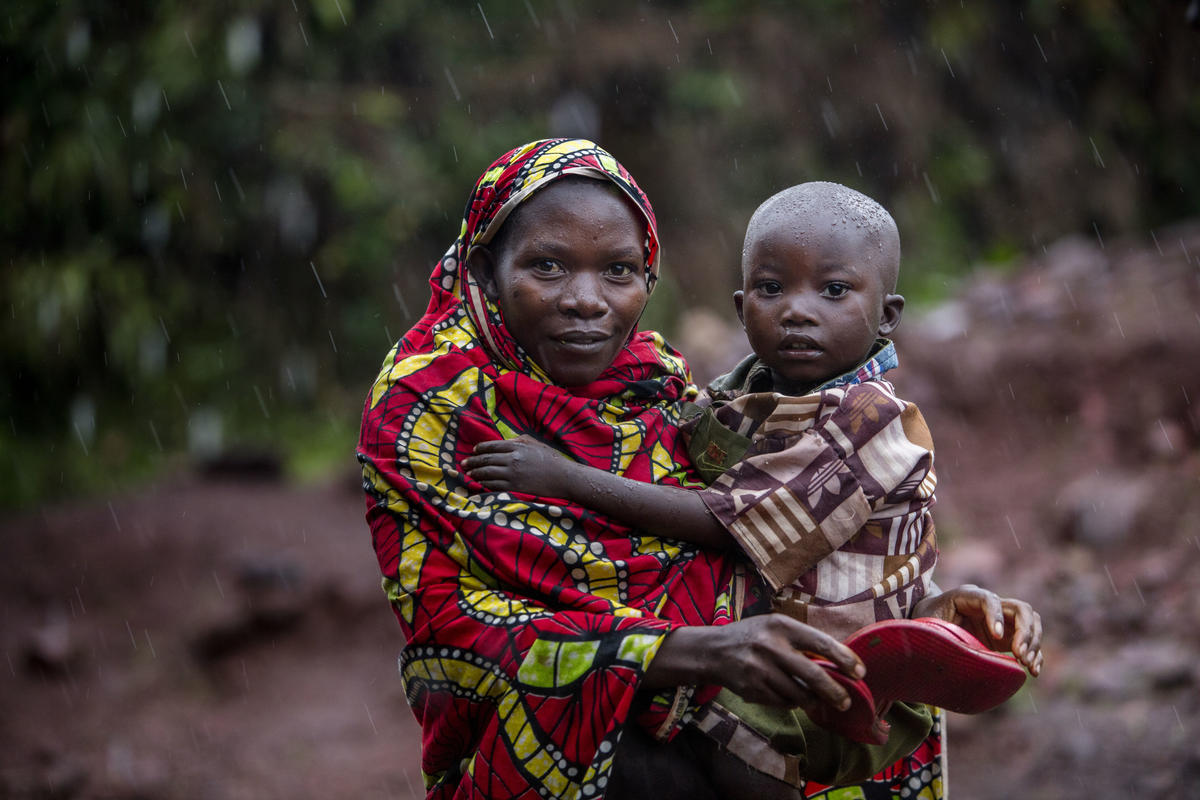Burundi-Tanzania-UNHCR agree on tripartite mechanism
Burundi-Tanzania-UNHCR agree on tripartite mechanism
Following visits to Tanzania and Burundi, the United Nations High Commissioner for Refugees, Mrs. Sadako Ogata, announced that President Benjamin Mkapa and President Pierre Buyoya have agreed to establish a tripartite mechanism with UNHCR to facilitate the voluntary return of thousands of Burundi refugees from the camps of Tanzania. The High Commissioner said the agreement was reached following extensive talks with the two Governments, and that she had received the final approval from the two Presidents during her private meetings with each of them.
Mrs. Ogata spoke from Kigali, where she was at the mid-way point of her three-week, nine country tour of central Africa, which focuses on refugee problems in the Great Lakes region.
The High Commissioner said the Governments of Tanzania and Burundi are in agreement concerning the goal of safely repatriating those Burundi refugees who wish to go home, with the facilitation and support of UNHCR in both countries. The tripartite mechanism will allow for the development of a technical plan of action for voluntary repatriation. Mrs. Ogata said that she expected that a first "technical level" meeting between representatives of Burundi, Tanzania and UNHCR would take place by mid-March.
Today, some 270,000 Burundi refugees remain in refugee camps in Tanzania, approximately 170,000 in the camps surrounding Kigoma, with another 100,000 in the Ngara area. Most came to Tanzania following the civil conflict and violence which gripped Burundi since 1993, but there are another 200,000 Burundi who have lived in settlements in Tanzania since 1972. Mrs. Ogata visited Nduta camp in the Kibondo area of Kigoma where she told refugees: "Here, while you are in the camp, you should abide by the laws. You should maintain the camps as civilian. It is on this basis that my office assists and protects refugees."
In talks with both governments, Mrs. Ogata insisted on the importance of maintaining the civilian character of the camps. With UNHCR support Tanzanian police will continue to provide a 24-hour security and surveillance service for the camps. UNHCR will also establish closer liaison with the police and provide them with relevant training. These police have recently separated over 40 combatants from the civilian camp population, exemplifying UNHCR's joint efforts with the Tanzanian government to ensure that these camps remain non-militarized.
Despite continuing civil strife in parts of Burundi, there are clear indications that many refugees want to return home. During 1997, approximately 58,000 Burundi repatriated spontaneously to several eastern provinces of Burundi. Although insecurity in some parts of Burundi still limits repatriation and reintegration, UNHCR would like to ensure that those who do want to return can do so as safely and quickly as possible.
The High Commissioner said that the solution to the Burundi refugee problem is peace in Burundi, which can only be achieved through a political process. Mrs. Ogata has pledged: "I realize that humanitarian needs and concerns are often tied to stability and peace. I will make all efforts to help the peace process."



